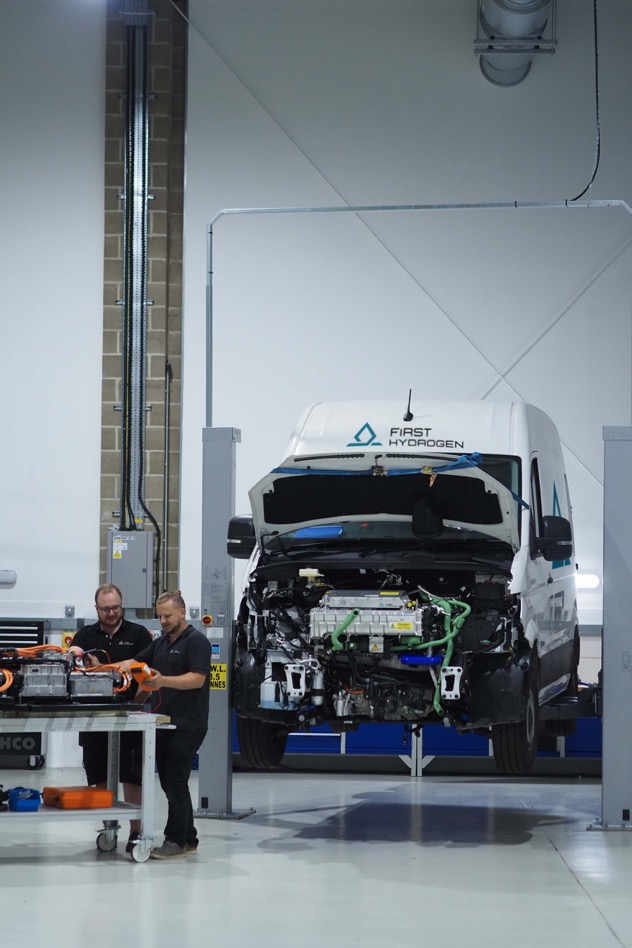DB Schenker has signed a cooperation agreement with Trailer Dynamics and the Krone Commercial Vehicle Group on the use of eTrailers in European land transport.
“This agreement marks a further step in the electrification of land transport,” says Cyrille Bonjean Executive Vice President Land Transport for DB Schenker in Europe. “It is essential for us to look for new sustainable solutions that can be integrated into our daily business. With the eTrailer from Trailer Dynamics, we have obtained another promising model for the future.”
Wolfgang Janda, Executive Vice President, Head of Network & Linehaul Management, DB Schenker, adds: “The use of eTrailers enables early entry into the phased transition to a completely CO2-free fleet. In our view, electric trailers do not represent a transitional technology but will instead be a firm component of our commercial vehicle fleet over the long term. This marks yet another step in our efforts to reduce our environmental footprint and become net-zero by 2040.”
Michael Nimtsch, Managing Director at Trailer Dynamics, says: “The vision of Trailer Dynamics is to use eTrailers to make an important contribution to the decarbonisation of the economy and sustainable and environmentally friendly logistics for long-haul trucks. With our cooperation partner DB Schenker, we are taking the next important step toward transforming this vision into reality.”
“Electrification, digitalisation, automation, and decarbonisation are the strategic goals that Krone will achieve with its innovative products – and especially the eTrailer,” adds Dr. Stefan Binnewies, CEO of Krone Holding. “We are therefore very pleased that we not only share these goals with our long-standing customer DB Schenker; we are also jointly making them a reality with this eTrailer project.”
The use of eTrailers makes trucks more sustainable and lowers their CO2 emissions.
The electrified trailers of Trailer Dynamics have an electric drive train that makes it possible to support the drive of the tractor unit. A specially developed component uses a patented sensor system to determine the driving dynamics of the tractor-trailer combination and then readjusts the eTrailer so that the eTrailer supports the tractor unit. The tractor unit cannot be overridden at any time, however. The electric drive train also allows energy to be recovered during braking.
The eTrailer’s drive control system operates independently, so no interface with the tractor is necessary. In addition, the trailers can be combined and used with tractor units from all manufacturers. The eTrailers support diesel, gas, electric, and hydrogen-powered tractors.
The trailers can be equipped with 300kWh, 450kWh, or 600kWh batteries as required. This can extend the range of electric tractors by up to 500km, depending on the use case, and also significantly reduce the fuel consumption of conventional diesel tractors. CO2 emissions can thus be reduced by 20%-40%.
The logistics provider will successively roll out these 2,000 eTrailers across its European network starting in 2024.











